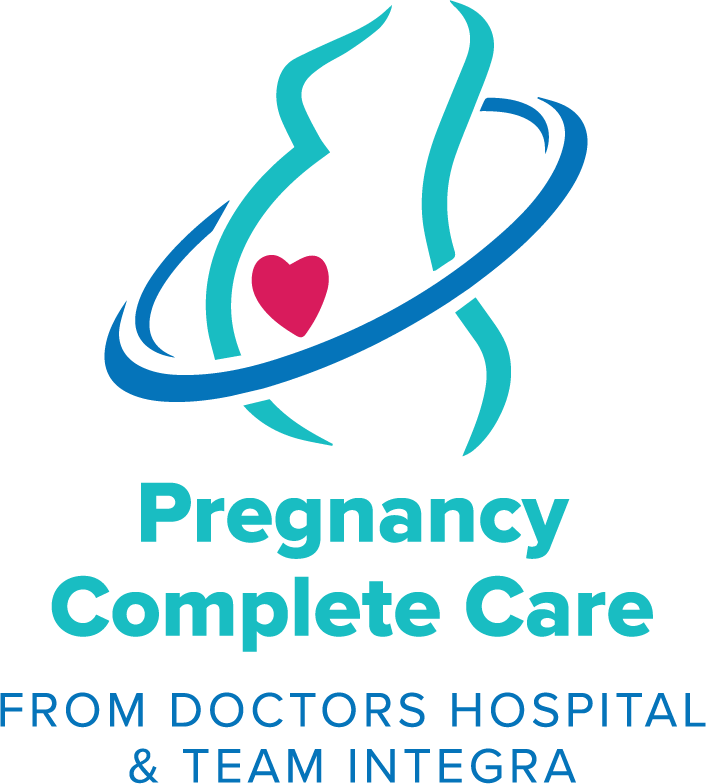

Low-impact exercises such as walking or pregnancy yoga can be beneficial during pregnancy. However, as your bump grows, it’s important that you reduce high-impact exercises, including running. Remember, “don’t bump the bump”!
While low-impact exercise is allowed while pregnant, there are some common warning signs that indicate you should stop exercising right away, including:
If you have any concerns, get in touch with your doctor.
While we are on a sunny Caribbean Island, vitamin D deficiency is still common due to working indoors and using high-factor sunscreens. It is recommended that all pregnant women take vitamin D supplements during pregnancy.
High caffeine intake during pregnancy has been linked to stunting growth in some cases, so it is advised that pregnant women reduce their caffeine intake to 200mg per day. This is equivalent to 2 cups of instant coffee. Remember, tea and some sodas can have caffeine too!
Pregnant women should aim for five portions of vegetables and fruit a day, ideally more veggies than fruit. This, however, should be adjusted for a vegan diet. Recommendations for pregnant women who are vegan include:
Did you know you can start expressing colostrum (the first breast milk) before giving birth? This milk is rich in nutrients for your baby, so it’s very beneficial to produce. During your appointment with your doctor, be sure to share with them if you are starting to see signs of colostrum. When it’s expressed too early, it can trigger contractions.
Did you know that the flu vaccine is safe at all stages of pregnancy? It is strongly recommended that all pregnant women have the flu vaccination as pregnancy can make you more vulnerable to catching the flu and being ill than adults who are not pregnant.
Did you know it is strongly recommended to take folic acid during pregnancy? This can help prevent birth defects such as spina bifida, where the baby’s spine and brain don’t form as normal. The recommended dose is 400 micrograms and can be found in a majority of pre-pregnancy supplements!
Did you know refrigerated pate or meat spread should be avoided during pregnancy? Why? Because these products can become contaminated with listeria, a type of bacteria that can cause food poisoning. Please do not indulge in these foods during pregnancy.
Did you know that 7-9 hours of sleep per day is recommended for pregnant women? It is also advised that you sleep on your side at the beginning, at least from the start of your 3rd trimester.
Be aware of mosquito-borne illnesses. Take steps to protect yourself from mosquito bites, such as wearing mosquito repellent and avoiding going outside late in the evening.
When eating meat during pregnancy, ensure the meat is thoroughly cooked and well done with no trace of pink.